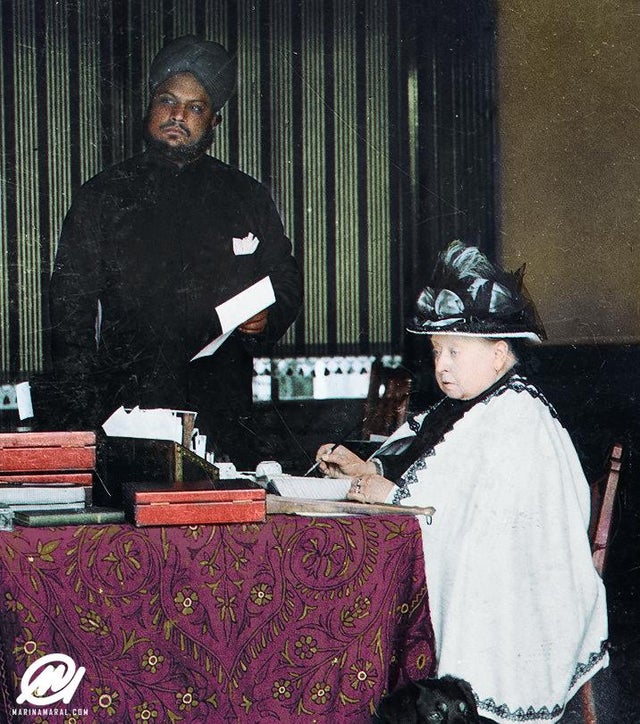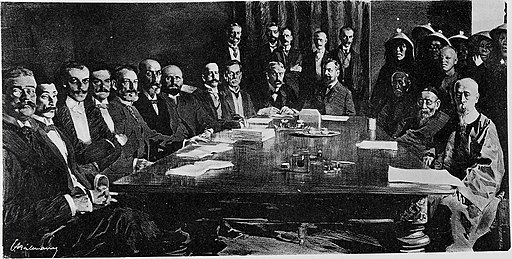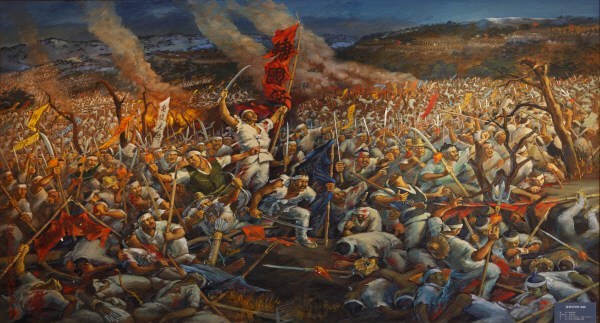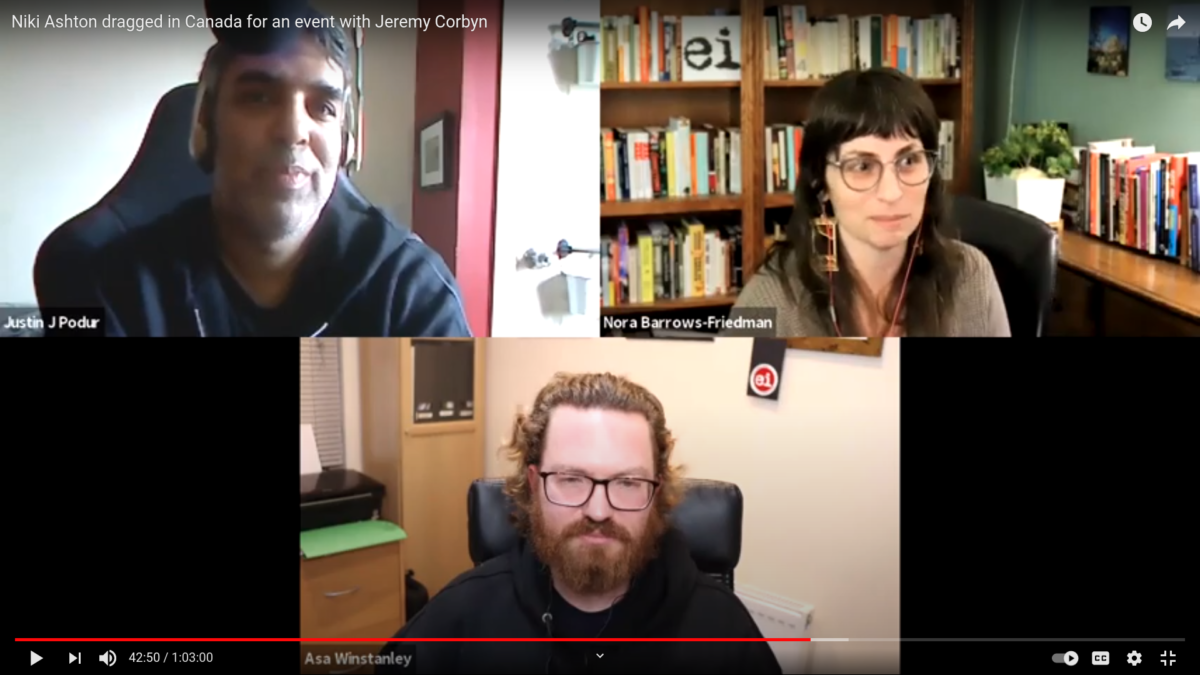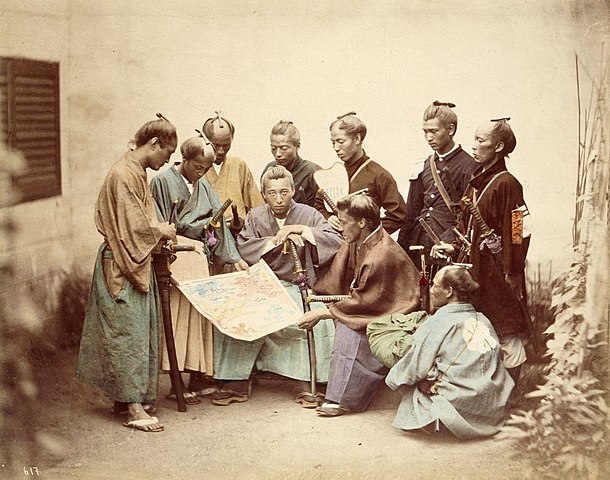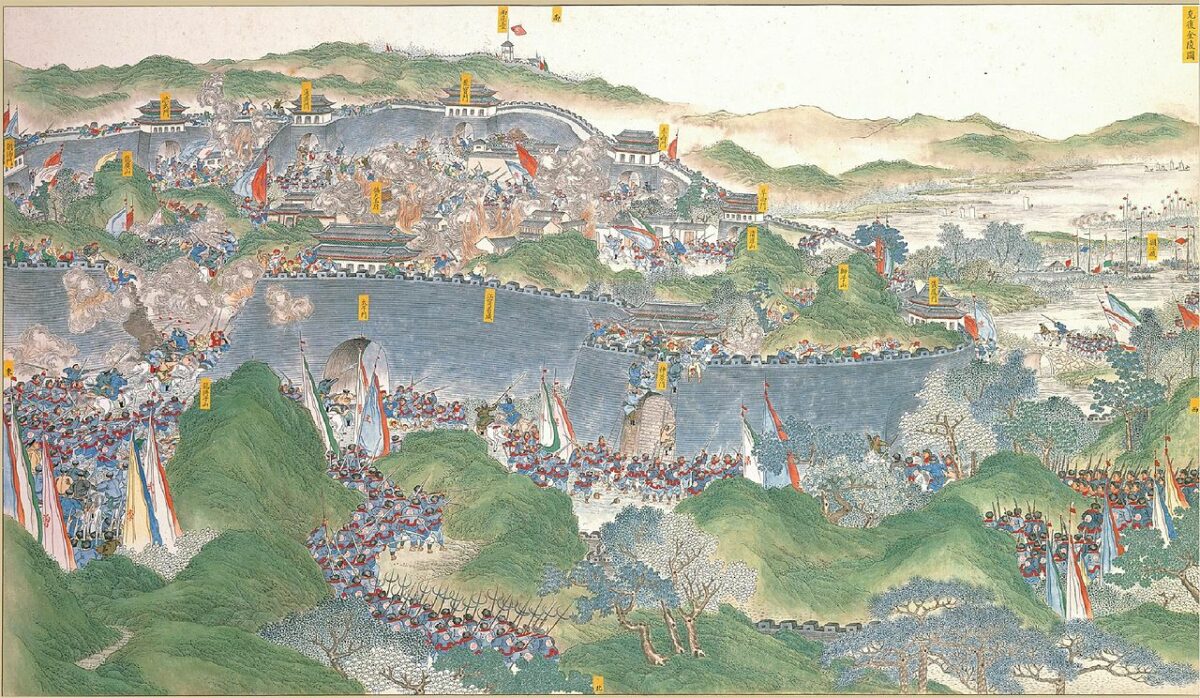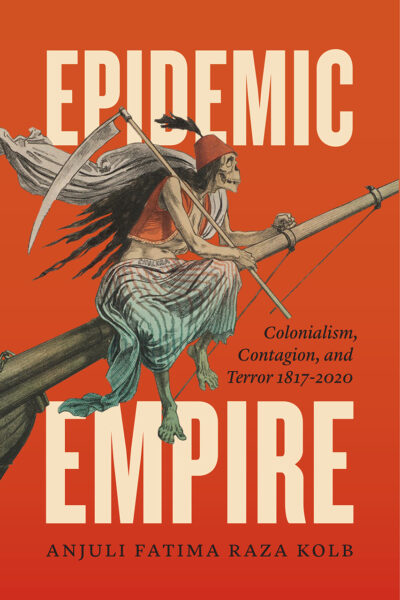Racism, imperialism, repression of sexuality, hypocrisy, pugilism, world fairs, parades, animals on display, worship of a royal family… we look at the Victorian era and the Queen herself. Good thing we’ve come so far since those days… right?
Category: Anti-Empire Project Podcast
The Anti-Empire Project podcast (formerly the Ossington Circle)
AEP 80: My comments on The Arrest of Meng Wanzhou and the New Cold War on China
On March 1, I was on a panel hosted by the Hamilton Coalition to Stop the War, the Canadian Peace Congress, World Beyond War, the Canadian Foreign Policy Institute, and Just Peace Associates. The topic was “the Arrest of Meng Wanzhou and the New Cold War on China”. Other panelists were Radhika Desai, William Ging Wee Dere, and John Ross – all of whom covered different aspects of the situation. I focused my remarks on Canada’s own record of genocide and racism, summarizing some of what we’ve been talking about in recent Civilizations episodes. The whole panel is out there on youtube – this audio is just my talk, 17 minutes long.
Civilizations 31: The first anti-imperialist uprising of the 20th century: Yi Ho Tuan, or Boxer Rebellion of 1900
By pure coincidence, we are publishing this episode on the day the world contrasted the the Alaska Summit – a US-China meeting in March 2021, in which China told the US to stop posturing, to the humiliations of the Boxer Protocol of 1901. In this episode, we talk about the terrible famines of 1876 and 1896 in China and India that killed tens of millions of people, the context of the Boxer Uprising of lightly armed but tenacious anti-imperialists, and the further humiliations inflicted on China by the imperialists at the nadir of China’s century of humiliation.
Civilizations 30: Korea’s Dilemmas from Donghak Uprising to Sino-Japanese War 1894
By the 1860s it was Korea’s turn to face the dilemma of how to deal with the imperialists. Qing China and Meiji Japan had a lot to say about what they thought Korea should do. We talk about the attempts to reform, Donghak Uprising in Korea, and the Sino-Japanese War of 1894-5.
AEP 79: Sorry for using the word “Corbyn” (in Canada)
I’m joined by Nora Barrows-Friedman and Asa Winstanley, both of the Electronic Intifada podcast. We’re piecing together the story of how lifelong anti-racist Jeremy Corbyn of the UK Labour Party was taken down by a smear campaign, which began by targeting those around him. Having taken him down, the smear campaign continued and managed to force AOC in the US to apologize for talking to Corbyn on the phone. The campaign has moved to Canada, where NDP MP Niki Ashton has been dragged by media and by her own party for daring to host an event with a fellow left-wing politician from the UK. We analyze the nature of the attack, look at cases including Corbyn, AOC, Ilhan Omar, Marc Lamont Hill, and now Niki Ashton, and speculate about what the best strategy might be for self-defense for those who believe in solidarity with Palestinians.
Civilizations 29: Japan joins the imperialists, 1853
India had Plassey in 1757, China had Opium War 1 in 1839, and Japan had Commodore Perry’s visit in 1853. After centuries of keeping the imperialists at bay, Japan found them knocking down the gates. And in a series of events studied by everyone in Asia but never imitated, Japan went from having a brief colonial encounter to joining the imperialists within a few decades. We don’t know if anyone can tell you why it happened, but we can tell you what happened, on this episode of Civilizations.
AEP 78: A look at Canada, as it declares genocide in Xinjiang
I bring Carl Zha on for another Kung Fu Yoga episode, this time about Canada. We discuss the unanimous declaration by the Canadian parliament (followed by the Netherlands parliament days later) in February 2021 that a genocide is taking place in Xinjiang. What’s really behind this declaration, and how can Canadian history, and Chinese history, help us think about the issue? We reference relevant episodes from the Civilizations Series and from Carl Zha’s Silk & Steel podcast.
Civilizations 28c: Taiping Rebellion pt3 – the fall of the rebels
Having burned the palace of the ruling Qing dynasty, the imperialists decided to take their side and help them defeat the Taiping. As Zeng Guofan’s encirclement strategy takes hold, the imperialists are running the Ever Victorious Army with figures like Garnet Wolesley (who fought Louis Riel in Canada) and Charles Gordon (who we’ll meet again in the Scramble for Africa). It ends with the fall of Nanjing, terrible massacres, and an accounting of the death toll and what was left of China at the end of the worst civil war in history.
AEP 77: Talking Epidemic Empire, with Anjuli Raza Kolb
Anjuli Raza Kolb is the author of Epidemic Empire: Colonialism, Contagion, and Terror 1817-2020, new from University of Chicago Press. It’s a huge book with many threads, so in this discussion we pick up one: the idea of “colonial science”, how imperialism manages to co-opt and use every type of knowledge; and the question of whether some of the knowledge produced in imperialism can be turned to liberation (thinking of Fanon, or the Haitian Revolution).
Civilizations 28b: Opium War 2, 1856-1860
In the midst of the most destructive war in China’s history, the imperialists decided it was time to sack and burn China a second time. In this episode, on the Second Opium War, we talk about the deepening imperialism, get you into the bizarre imperialist mind of Lord Elgin as he rationalizes the burning of the palace in Beijing, show you again how Marx was well ahead of his contemporaries writing about the Peiho stitchup, and talk about the strategies of Ye Mingchen and of Prince Seng.

